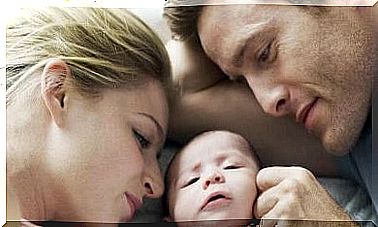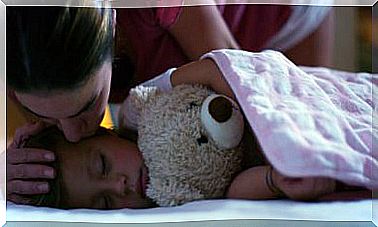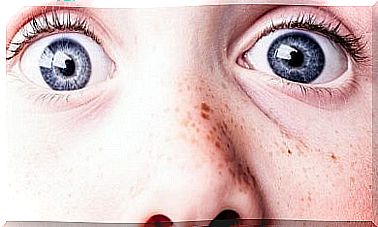The 9 Most Frequently Asked Questions About Breastfeeding
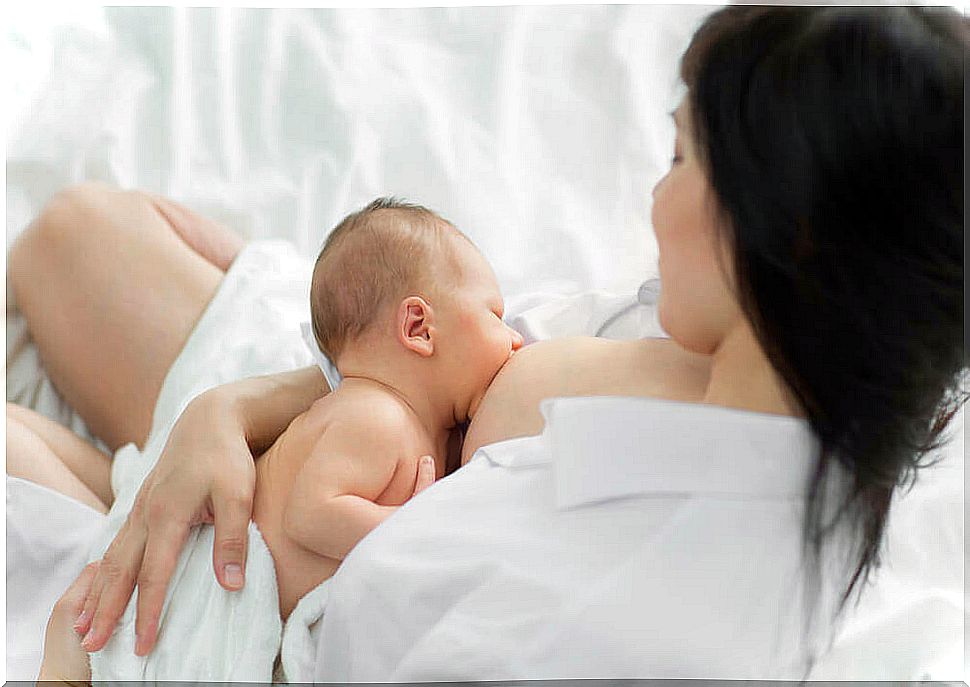
Breastfeeding can be a difficult time for many mothers, especially new ones. And it is that around this natural activity there are many myths; Although there is enough research material today, the most frequently asked questions about breastfeeding are not lacking.
Most women are able to breastfeed their children. Contrary experiences are few and most can be resolved with the help of a specialist; To this end, centers for help or assistance on breastfeeding have been created.
Among the most frequently asked questions about breastfeeding are those about whether they will produce enough milk or whether they will be able to feed the baby well. The truth is that practice will improve the technique and also the production, just relax and connect with the baby.
The most frequently asked questions about breastfeeding
When is the right time to breastfeed the baby?
The answer is that immediately. The natural thing is that the mother receives the newborn and places it on her breast so that it begins to suck. Although it may take time for the milk to come down, especially in cases of cesarean section, the suction helps in the process.
How can you tell if there is enough milk production?
Through sucking, babies are responsible for increasing milk production. That is why it is important, especially in the first days, that the mother breastfeeds the child on demand. Technique must also be taken care of; The baby’s face should face the breast and his mouth should take the entire nipple.
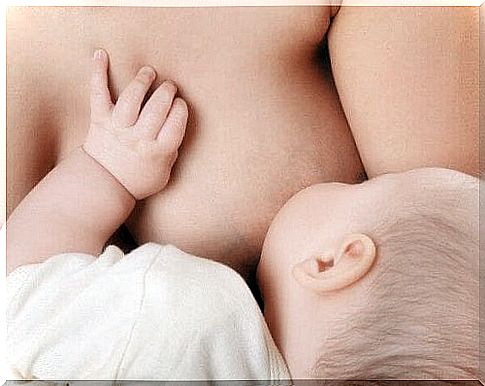
How much should a baby eat?
The baby should eat until satisfied. Ideally, you should empty a full breast until you take from the other. It is recommended in this way because the milk that comes out last has a greater amount of fat and contributes to its weight.
Another frequently asked question about breastfeeding is how often your baby should eat. In its first days, the newborn must breastfeed on demand; This will help the mother to increase her milk supply. Over the months, he himself will regulate his daily intake.
If the breasts hurt, should breastfeeding be stopped?
It is normal for new mothers to have signs on the nipples, but as long as there is no presence of blood, the baby can continue to breastfeed. To relieve pain, you can stop using that breast and give the other until healed. You also have to remember that it is important to take care of the appearance of mastitis.
To relieve milk from the recovering breast, a pump can be used. If the breast is red, hard or painful to the touch, it is better to consult with the specialist.
Can you express the milk and give it in a bottle to the baby?
During the first days of birth, it is best to avoid bottles or pacifiers. Children are learning to suck and these accessories can be confusing because of their texture. If the mother feels that her breasts are very full, it is recommended that she offer it to the baby.
Are “liners” recommended?
Previously, the use of “nipple shields” was advised for mothers with inverted or flat nipples. However, this condition is not a limitation to breastfeed the baby. In his action of sucking, the baby will find a way to remove the nipple he needs to feed.
Can you breastfeed if your breasts have prostheses?
This is another of the most frequently asked questions about breastfeeding. Breast augmentation operations do not affect the mammary glands, which are the ones that produce milk. There is also no indication that the prostheses have any effect on milk or its production.
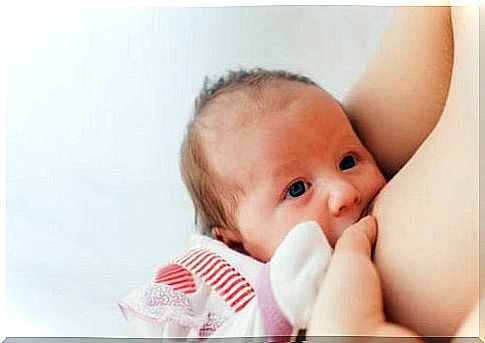
What type of diet should a nursing mother eat?
The golden rule is that whatever is difficult for the mother to digest will be the same for the baby. Some foods can cause gas in the baby and, consequently, undesirable colic. That is why it is recommended to reduce the consumption of dairy products, grains and refined flours.
Should the baby drink water during his breastfeeding period?
Babies with free demand for breast milk get what they need to stay hydrated and nourished; that is why it is not advisable to give them water or any other type of liquid. Starting at six months, the specialist will introduce new foods into the child’s diet.




